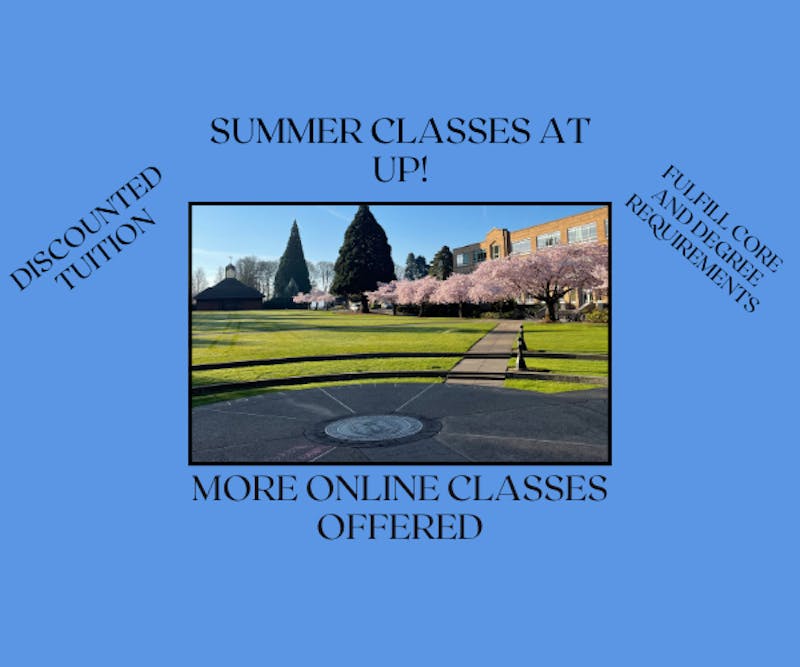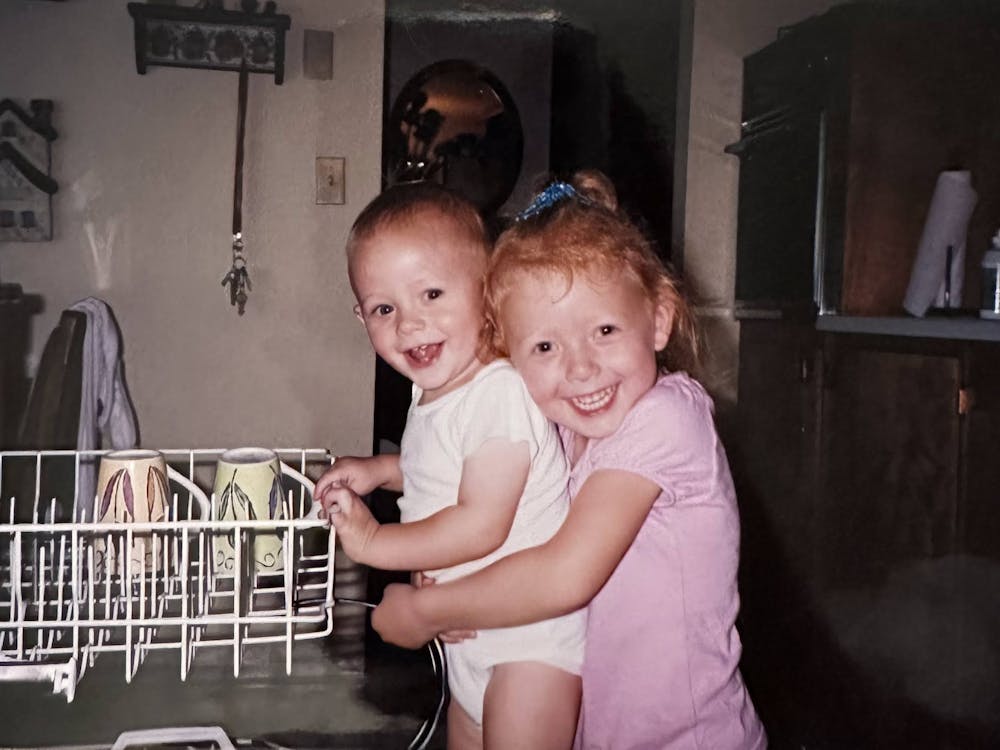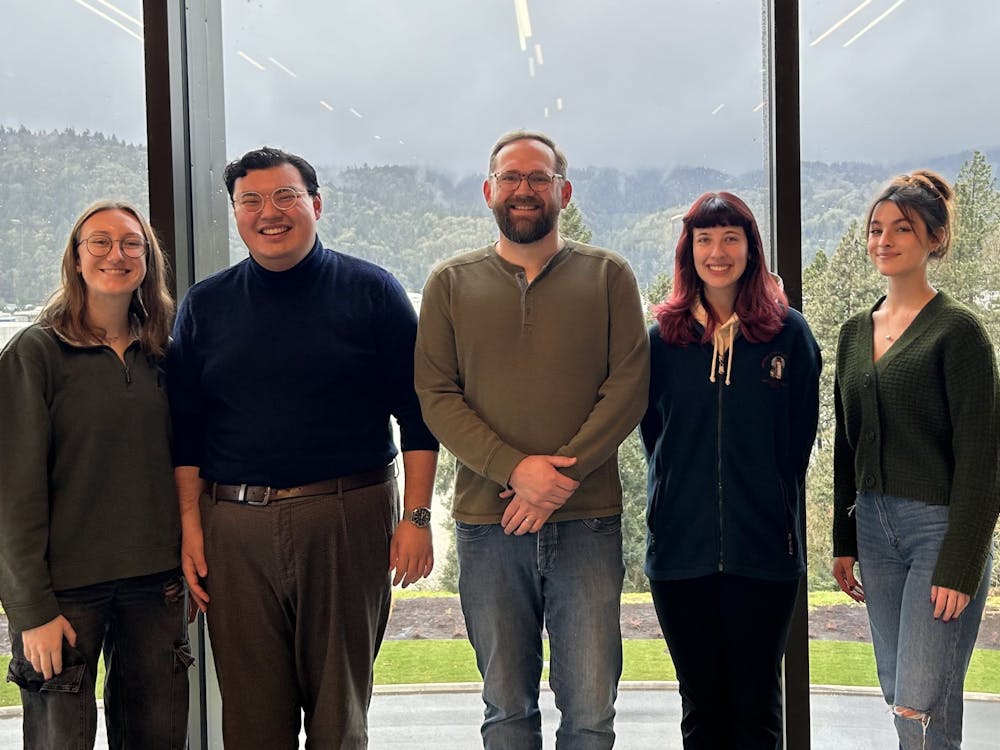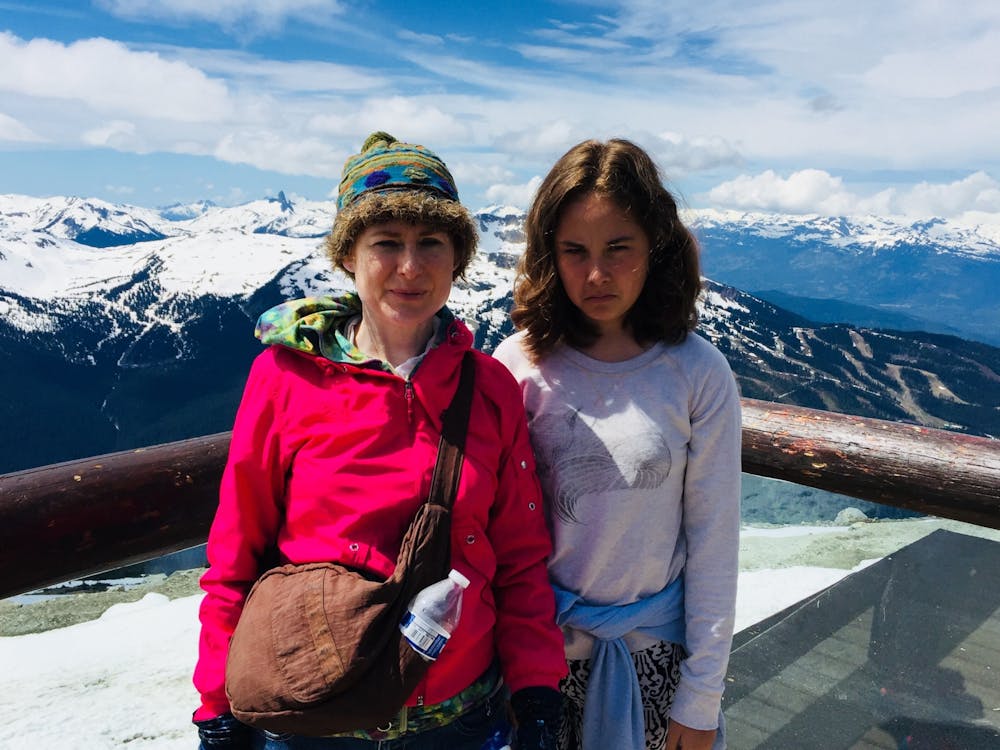How many Facebook likes do you get on a profile picture with a child in Haiti? Fifty? Seventy-five? Maybe 100?
It’s a no-brainer to click that like button when a picture of someone on a service immersion trip shows up. Especially if there’s a cute child in the picture, we have a tendency to see our service-minded friends as virtuous, admirable people. And they certainly are.
But how many Facebook likes would you get on a profile picture with an elderly homeless man from Portland?
At a university that so values serving communities both locally and internationally, we must as a community always be questioning the purpose of service. And our obsession with our friends’ service trip Facebook photos points to a strange understanding of service.
We tend to admire our peers for traveling to remote places and helping distant impoverished people, but we rarely stop to think about what is actually going on during overseas service trips. Junior Clara LeeWays, who went to Haiti with a group of UP students and staff over spring break, acknowledged this problem:
“Short-term mission trips are really hard to get your head around,” LeeWays said. “You’re spending all of this money, but are you really impacting people’s lives?”
She raises a good question. Another question: Would the lives of Haitians be changed more if instead of spending money on plane tickets to see them, we donated all that money to foundations based in Haiti?
Of course, there’s more to the trip than the measurable outcome. Senior Amanda Ewing, who helped plan the trip to Haiti, realizes the impact may be greater on the servants than on the served.
“My goal wasn’t so much to bring a huge team to serve, but to have people understand what it looks like to go and have your life changed,” Ewing said.
If the goal of a mission trip is to learn about global issues and decentralize our Western perspective, a global service opportunity might be the best way to do that. Ewing realizes this. She knows that by flying to Haiti and hanging out with Haitians, UP students will probably be changed more than the people they meet.
But those of us who click the like button – do we understand that?
We must also realize there are people in our local communities who need help just as much as children in developing countries. Every Thursday night, a group of UP students drives downtown to St. Andre Bessette Catholic Church to meet with and serve Portlanders who lack food and shelter.
But for some reason, local service is viewed only as a benevolent act, not a heroic mission. Maybe this is because those we serve in Portland are close to us. Maybe because they’re not all cute children. Maybe because they smell bad and make us feel uncomfortable.
That’s the problem: We assume those of us who are journeying to unfamiliar places are doing something grander than those serving at home. But if a group of students spends one week abroad, what is their impact compared to students who go back and back again to serve the same population?
This is not to diminish the serving hearts of those UP students who went to Haiti over spring break. Nor is it to say there’s anything wrong with having a Haitian child in a Facebook picture. The group who went to Haiti over spring break came back changed, and the Haitian population they met likely found the service benevolent and helpful.
But we should consider how service might function in our everyday opportunities, and we must not think of overseas service trips as the epitome of admirable service.
And perhaps, when we see our Facebook friends’ faces show up on the screen next to children in the developing world, we should appreciate them not for their world-changing service, but for their willingness to have their lives changed.







